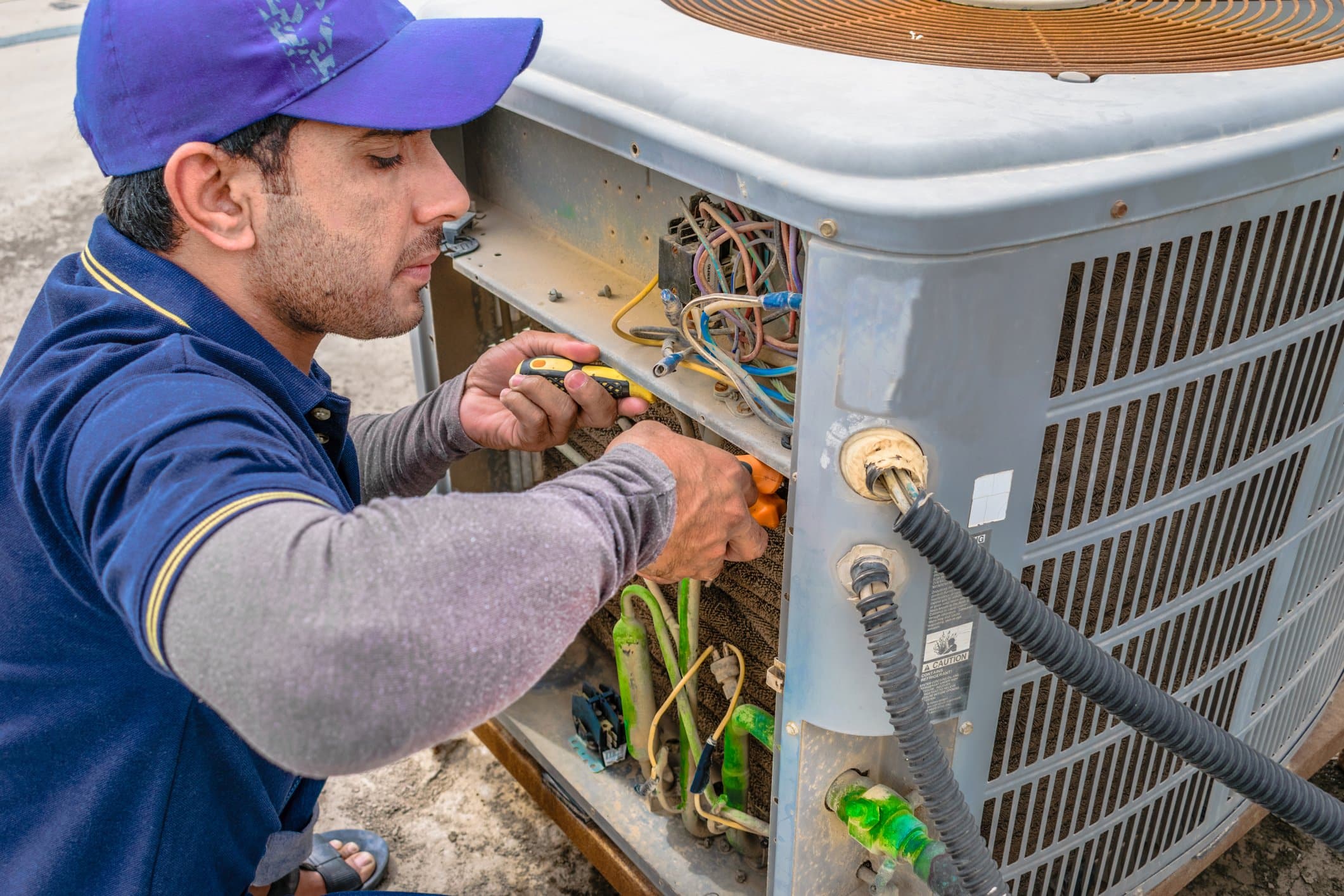How usually do I need to exchange my HVAC system?

The lifespan of an HVAC (Heating, Ventilation, and Air Conditioning) system can range relying on several components, including the sort of system, how properly it's maintained, and the quality of the unique set up. Here are some basic tips on how typically you would possibly want to replace your HVAC system:
Furnace: The average lifespan of a gasoline or electrical furnace is usually around 15-20 years. With Home page , a furnace can last longer, however it could turn out to be much less energy-efficient as it ages.
Air Conditioner: Air conditioning units usually have a similar lifespan to furnaces, round 15-20 years. Regular maintenance can help prolong the life of your AC system.
Heat Pump: Heat pumps can last between 10 and 15 years. Their lifespan may be influenced by factors like local weather and the way usually they switch between heating and cooling modes.
Boiler: Boiler methods are identified for their sturdiness, and they can last anyplace from 20 to 35 years with correct maintenance. High-quality boilers tend to have longer lifespans.
Ductless Mini-Split Systems: Ductless mini-split methods can last 10-20 years or extra. air conditioning service near me of the system and regular maintenance can have an effect on its longevity.

It's necessary to notice that these are rough estimates, and the actual lifespan of your HVAC system may differ. To maximize the lifetime of your HVAC system and ensure it runs effectively, regular upkeep is essential. Annual or biannual check-ups by knowledgeable HVAC technician may help determine and tackle points before they turn out to be major issues.
When considering whether to exchange your HVAC system, a quantity of elements come into play:
Energy Efficiency: Newer HVAC techniques are sometimes more energy-efficient, which may result in lower utility payments. Replacing an older, less efficient system with a more recent one may end up in value financial savings over time.
Frequent Repairs: If your system requires frequent and dear repairs, it could be cheaper to exchange it, especially if it's nearing the top of its anticipated lifespan.
Improved Comfort and Features: Newer HVAC techniques could offer higher temperature management, improved indoor air high quality, and advanced features like good thermostats and zoning capabilities, enhancing your overall consolation and convenience.
Environmental Considerations: Older HVAC techniques might use refrigerants or technologies which are less environmentally pleasant. Upgrading to a extra eco-friendly system can be an moral choice.
Home Renovations or Additions: If you are expanding your house or present process major renovations, you could want to exchange or improve your HVAC system to accommodate the increased heating and cooling wants.
When considering a replacement, it's advisable to seek the guidance of with an HVAC professional who can assess your present system's condition, your specific needs, and provide recommendations primarily based on your finances and long-term goals. Replacing an HVAC system is a big funding, but it can result in improved consolation, power savings, and peace of thoughts..
